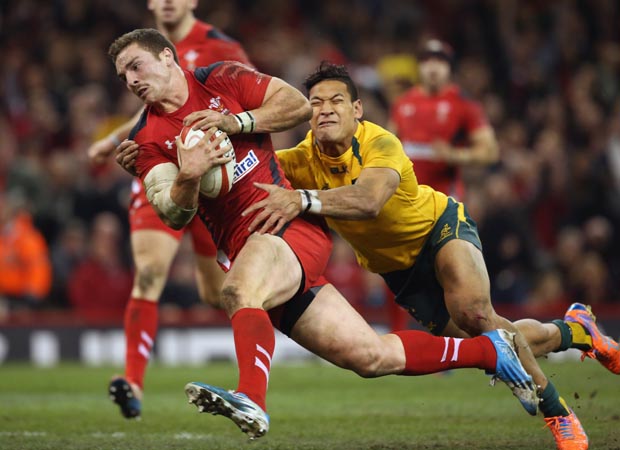
 One day long ago during a break from curing toothache at his dental practice in Newbridge, Derek Morgan found himself asked how a Welshman from Gwent came to play for England.
One day long ago during a break from curing toothache at his dental practice in Newbridge, Derek Morgan found himself asked how a Welshman from Gwent came to play for England.
“Let me answer your question with a question,” he said. “If you were born in a stable, would that make you a horse?”
There would probably have been a lot of neighing when England picked the dental student from the Monmouthshire valleys for the 1960 Five Nations, still more when Morgan won his cap at a gallop, helping England beat Wales at Twickenham by a distance.
Their Welsh convert was no selling-plater but a thoroughbred No.8. For more than half a century until last year, Morgan served England as a selector, council member and, in 2002, as RFU president. Throughout all that, he spent his working life at home in Newbridge as a dentist.
His accent never changed even if in the early days it was a source of amusement among the English oaks with whom he packed down in the same scrum, like the late Ron Jacobs. Legend has it that the East Midlands farmer took to joshing him: “Morgan we don’t mind you playing with us but when are you going to learn to talk like us?”
Like Dewi Morris a generation later, Morgan spent his entire first-class career in the English system, initially as a student at Northumberland University. Their success as bona fide Welshmen who thrived in the English system, by chance rather than design, assumes a striking relevance given WRU concern over losing players at the youngest professional age.
Wales U20s coach Allan Lewis has expressed his disquiet over the decision of Bristol‘s 19-year-old fly-half Callum Sheedy and Rory Bartle, Gloucester’s 18-year-old back-row forward, to declare themselves unavailable for Welsh selection.
There are two sides to every coin. England would have looked at the last Welsh Grand Slam and seen English-born players all over the place – Jonathan Davies (Solihull), Alex Cuthbert (Gloucester), George North (Kings Lynn), Danny Lydiate (Salford), Luke Charteris (Camborne).
All except Cuthbert were brought up in Wales but English intelligence appeared to have been lacking, certainly in the case of North. Their hierarchy gave the impression that they knew nothing of his English birth before Wales claimed him as theirs.
Since then Wales have capped a few more born on the other side of the Severn Bridge – Jake Ball (Ascot), Aaron Jarvis (Exeter), Aaron Shingler (Aldershot). It can hardly be surprising, therefore, that the English have beefed up their scouting system to claim a few likely Welsh lads rather than wait for accidents like Morgan and Morris to happen as they did in the Sixties and Eighties.
By the time Wales name their World Cup squad the chosen few could feature another player with an English birthplace, Hallam Amos.
The Dragons wing deserves a start in at least one of the three summer warm-ups against Ireland (twice) and Italy.
Amos, born in Stockport but raised in Monmouthshire, is a young man in a hurry. He played his first match in the Pro12 at 17 and had just turned 19 when Wales picked him on the left wing against Tonga last season, a strange experience made all the stranger given that Wales chose to wear a ghastly grey strip.
He does not fit into Warren Gatland‘s identi-kit of the monster wing but ought to be all the more welcome for that. Amos may be a fraction under 6ft but at 16st his pace comes reinforced with some serious power.
His rising challenge ought to be a concern to Alex Cuthbert as he nears the end of a miserable season. Having lost his place to Liam Williams halfway through the Six Nations, Cuthbert’s major concern now is to ensure he makes the final cut for the World Cup.
His decision to reject a dual contract, presumably on the basis that he had a better offer from further afield, will not have endeared him to the Wales management.
It did not look like the smartest decision of the season at the time and it looks much less so now.

2 Comments
You must be logged in to post a comment Login
Leave a Reply
Cancel reply
Leave a Reply
You must be logged in to post a comment.



















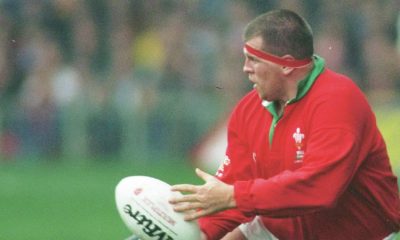

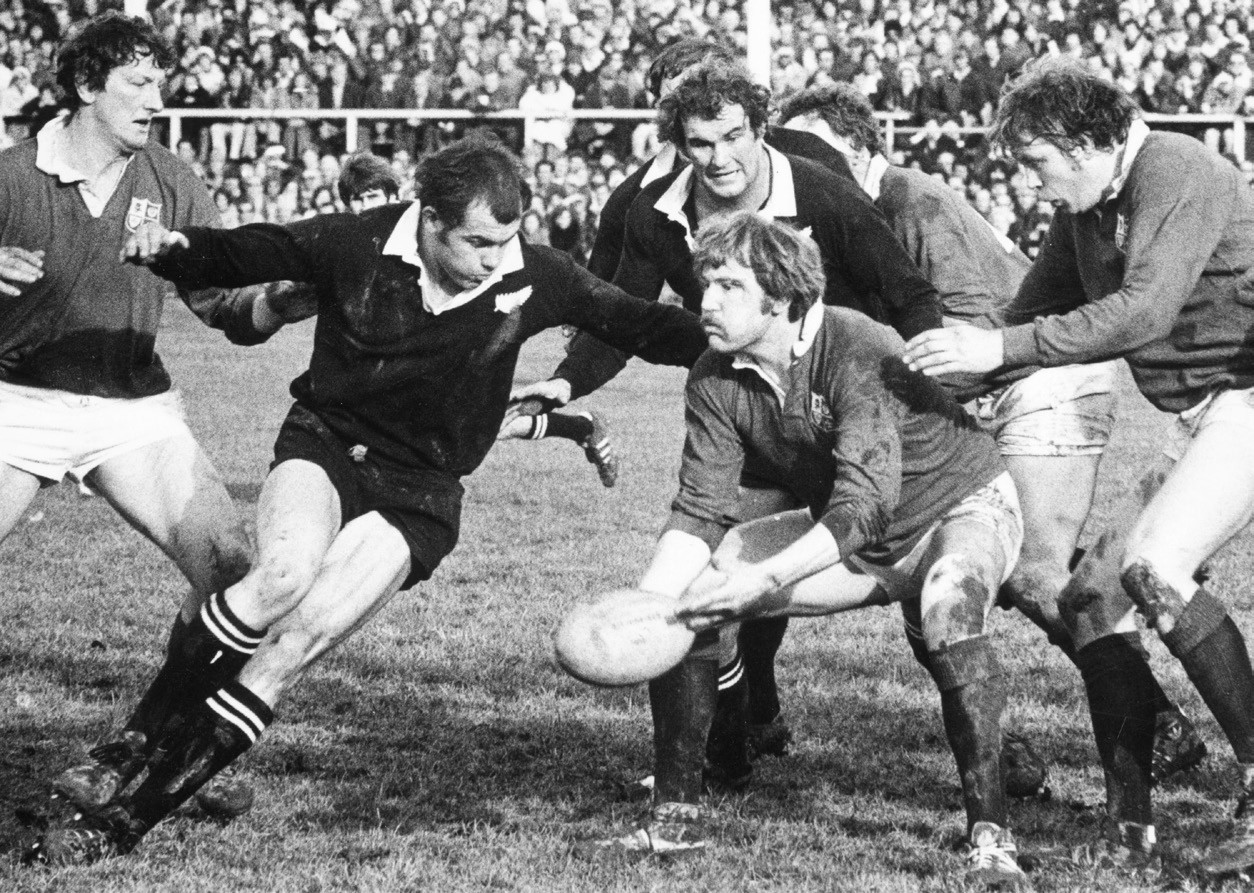
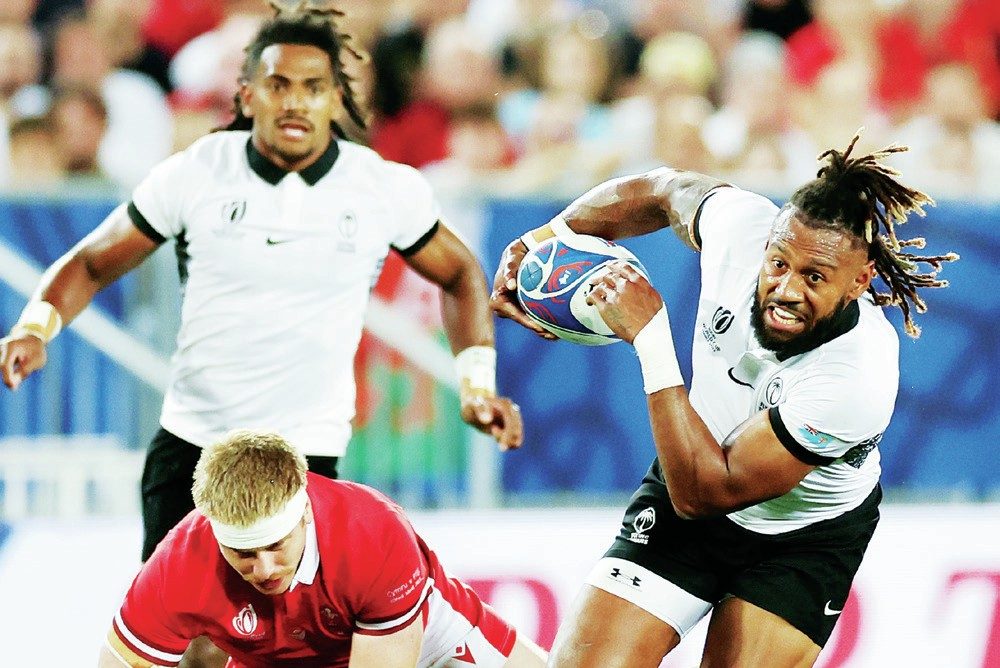
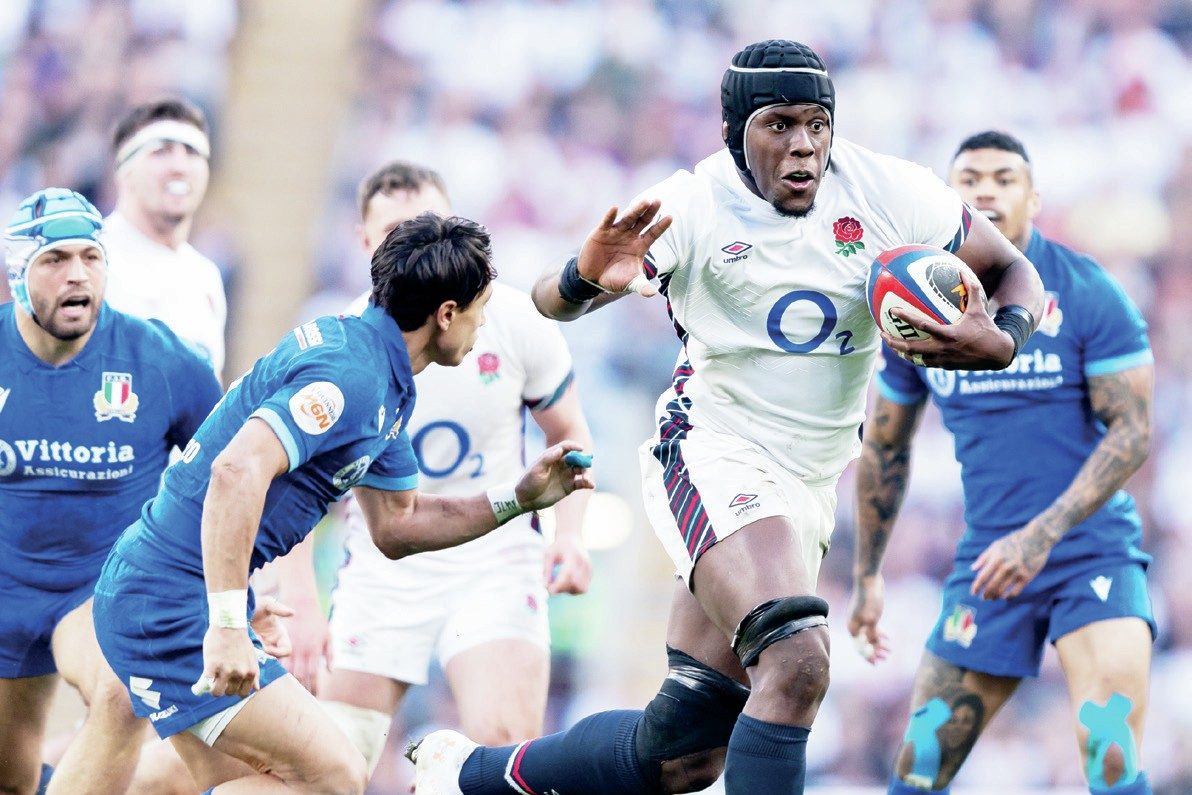
Pingback: Devops consulting
Pingback: รับทำ SEO